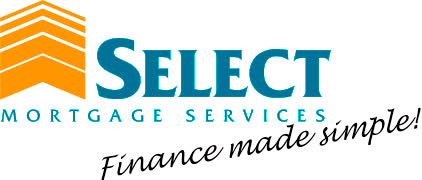Economic Parenting: Teaching Your Kids About Financial Responsibility
As a parent, teaching your kids how to manage money and develop financial responsibility sets down the foundation for their future endeavours. Providing them with knowledge about the value of money, how to save and budget effectively, and how to successfully manage finances will allow them to develop the skills needed to prepare them for financial challenges in adulthood. Kids learn by example – that is why it is important to start young and show them how to manage money through your own habits.
When first learning about the concept of money and commerce, let them handle money when purchasing goods from the shops. By actively involving them in the process, it can teach them about the consequences of spending. It can also allow them to distinguish between a ‘need’ and a ‘want.' Counting money with younger kids is not only fun, it also helps with learning the value of money.
As your kids grow older, consider familiarising them with the concept of pocket money. By getting them to do chores around the house for weekly pocket money, encourages them to develop a good work ethic. As they reach the legal age, encourage them to apply for a casual job to boost their savings.
A good strategy to introduce them to the concept of saving is by opening a savings account in their name. This can allow them to begin to understand how to save for the things they want. By teaching them to set financial goals, you can motivate them to deposit regularly and budget for what they want to achieve. Developing a habit of saving is a powerful tool that will aid your kids in their future financial goals.
Depending on your parenting style, a good way to motivate your child into building a habit of consistent saving is to create a matching goal. By matching a percentage of whatever they save out of their job earnings or pocket money and putting it towards their savings account, you can motivate them to work harder and put more towards achieving their goal.
To get your kids to understand the importance of budgeting, consider involving them when viewing ‘invisible’ purchases such as electricity and water bills. By showing how you budget for these expenses, they can gain an understanding of the hidden costs that are involved with running a household.
As your children reach their late teens or hold part-time or full-time work, consider charging board so they can begin to take partial responsibility for household expenses. You can even put their board money towards another savings account, which you can return when they move out to go towards a deposit for a home.
In our current environment, it can be increasingly hard to teach kids the value of money due to the ‘invisible’ expenses of credit cards, online banking, mobile bills, and online shopping, etc. Without the physical representation of money, it is easy for them to develop the idea that you have a bottomless pit of money.
Teaching your kids about the value of money through limiting their expenditure, actively involving them in your finances, and explaining to them about more complex financial products, such as; investment in shares, bonds, and property, can encourage them to understand finance a little better.
As a company with strong family values, we believe that teaching young people how to manage their finances is an important part of their personal development. At Select, we offer quality, no-obligation, and free advice to help you achieve your financial goals. If you have any queries about how to set your children up for life or how to improve your finances, call one of our friendly brokers on (08) 9417 3399 to discuss your options.
